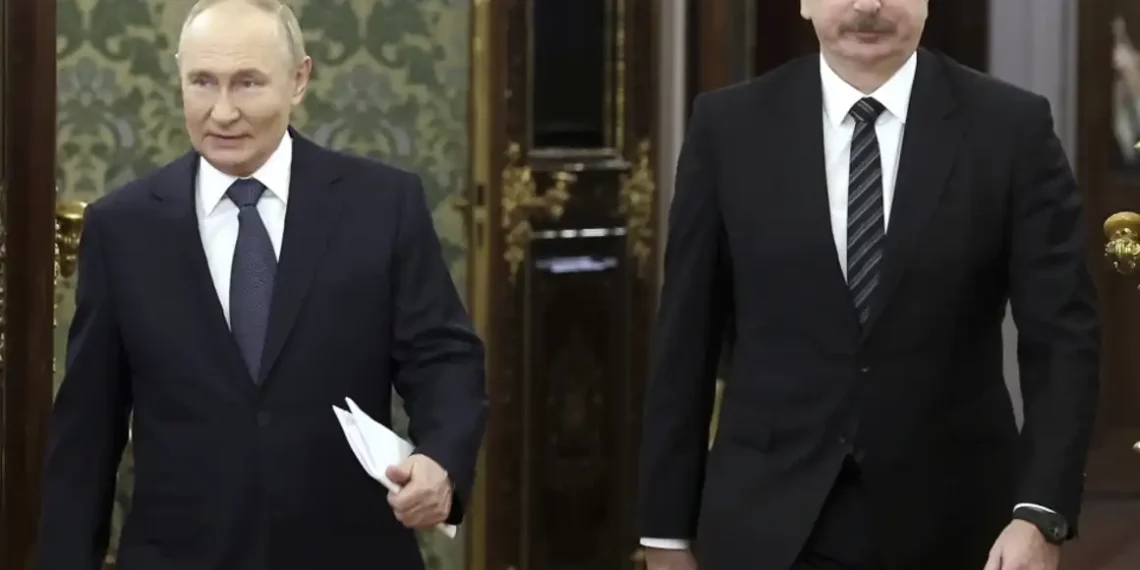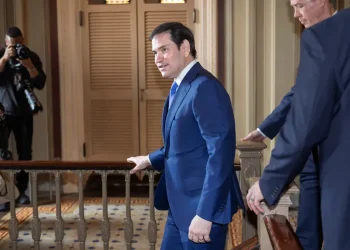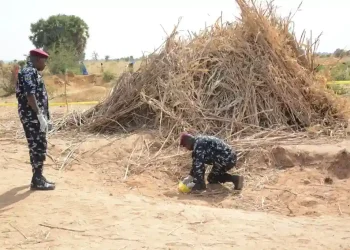Russia-Azerbaijan Tensions Escalate: What’s Fueling the Crisis?
Relations between Russia and Azerbaijan, once marked by close economic and cultural ties, have taken a dramatic turn in recent months. A series of deadly incidents, high-profile arrests, and shifting regional alliances have brought tensions between the two countries to a boiling point.
From a passenger jet crash that Baku blames on Moscow to police raids resulting in the deaths of ethnic Azerbaijanis in Russia, the developments mark a serious rupture in a previously stable relationship. Here’s what’s driving the current crisis—and why it’s happening now.
Decades of Cooperation Under Strain
The close ties between Russia and Azerbaijan date back to the post-Soviet era, particularly after Heydar Aliyev—father of current Azerbaijani President Ilham Aliyev—took office in 1993. Under both Putin and Aliyev, the two countries developed deep economic and diplomatic relationships.
Azerbaijan has relied on Russia for oil and natural gas imports to meet domestic demand, while exporting its own energy to the West. Russia is also a major market for Azerbaijani agricultural goods and serves as a critical transport hub for trade between Azerbaijan, Iran, and the Middle East.
The Azerbaijani diaspora in Russia is sizable—officially listed at around 500,000, but unofficial estimates put the number closer to 2 million. Azerbaijani businesses also hold significant investments across Russia’s real estate, construction, and retail sectors.
But that foundation is cracking.
The Karabakh Conflict and Shifting Power
The roots of tension go deeper than economics. The long-standing conflict over Nagorno-Karabakh—an ethnically Armenian region within Azerbaijan—has been a central issue in regional politics.
After years of war and a 2020 military resurgence by Azerbaijan backed by Turkish support, Baku reclaimed most of the disputed territory. Russia brokered a ceasefire and deployed peacekeepers, but the balance of power shifted.
In September 2023, Azerbaijan completed its military campaign, regaining full control of Karabakh. Russia, preoccupied with the war in Ukraine, did not intervene. Armenia responded by cooling its ties with Moscow and seeking closer relations with the West.
Azerbaijan, emboldened by its victory, began asserting itself more aggressively—politically and diplomatically.
Plane Crash Sparks Diplomatic Fallout
Tensions spiked again on December 25, 2024, when an Azerbaijan Airlines passenger plane crashed en route from Baku to Grozny, Chechnya. Azerbaijani officials claimed the jet was accidentally struck by Russian air defenses. It attempted an emergency landing in western Kazakhstan but crashed, killing 38 of the 67 people on board.
Putin expressed regret over the “tragic incident” but stopped short of admitting fault. President Aliyev accused Moscow of trying to suppress details about the crash.
In a symbolic snub, Aliyev skipped Russia’s Victory Day parade in May. Later that month, Azerbaijan hosted Ukraine’s foreign minister—an unmistakable signal of closer ties with Kyiv.
Deadly Police Raids and Retaliation
The situation deteriorated further on June 27 when Russian police raided the homes of ethnic Azerbaijanis in Yekaterinburg, citing investigations into decades-old murders. During the raid, brothers Huseyn and Ziyaddin Safarov died, and others were seriously injured.
Azerbaijan’s authorities said the deaths were caused by “post-traumatic shock due to multiple injuries.” Baku condemned what it called “extrajudicial killings,” and cancelled several planned Russian diplomatic and cultural visits.
Days later, Azerbaijan escalated its response. On July 1, masked police stormed the Baku offices of Sputnik Azerbaijan, a Russian state-funded media outlet, arresting seven employees. They also detained eight Russian IT professionals on charges of drug trafficking and cybercrime. Images of the bruised detainees sparked outrage in Russian media.
Russia retaliated by detaining Azerbaijani community leaders in Yekaterinburg and Voronezh. A widely circulated video showed Russian special forces violently arresting one community leader and his son, fueling anger in Baku.
Diplomatic War of Words
Both governments have exchanged sharp diplomatic rebukes.
Azerbaijan denounced the Russian police actions as “deliberate and demonstrative violence.” Meanwhile, Russia’s Foreign Ministry summoned Azerbaijan’s ambassador to protest what it described as Baku’s “intentional steps to dismantle bilateral relations.”
Azerbaijan responded in kind, demanding a full investigation into the deaths, punishment for those responsible, and compensation. It dismissed Russia’s complaints over the arrests in Baku.
Adding fuel to the fire, President Aliyev discussed the situation with Ukrainian President Volodymyr Zelenskyy. The Ukrainian leader publicly backed Azerbaijan, saying Russia was “bullying Azerbaijani citizens.” Kremlin spokesman Dmitry Peskov accused Ukraine of trying to provoke further instability.
What’s Next?
Despite backchannel communications between prosecutors on both sides, there’s been no public sign of de-escalation. Whether Presidents Putin and Aliyev will speak directly remains uncertain.
What is clear is that the Russia-Azerbaijan relationship—once rooted in post-Soviet cooperation and shared interests—is under its greatest strain in decades. With broader geopolitical shifts and deepening alliances elsewhere, the fallout could reshape the power dynamics of the South Caucasus for years to come.
This article was rewritten by JournosNews.com based on verified reporting from trusted sources. The content has been independently reviewed, fact-checked, and edited for accuracy, neutrality, tone, and global readability in accordance with Google News and AdSense standards.
All opinions, quotes, or statements from contributors, experts, or sourced organizations do not necessarily reflect the views of JournosNews.com. JournosNews.com maintains full editorial independence from any external funders, sponsors, or organizations.
Stay informed with JournosNews.com — your trusted source for verified global reporting and in-depth analysis. Follow us on Google News, BlueSky, and X for real-time updates.














